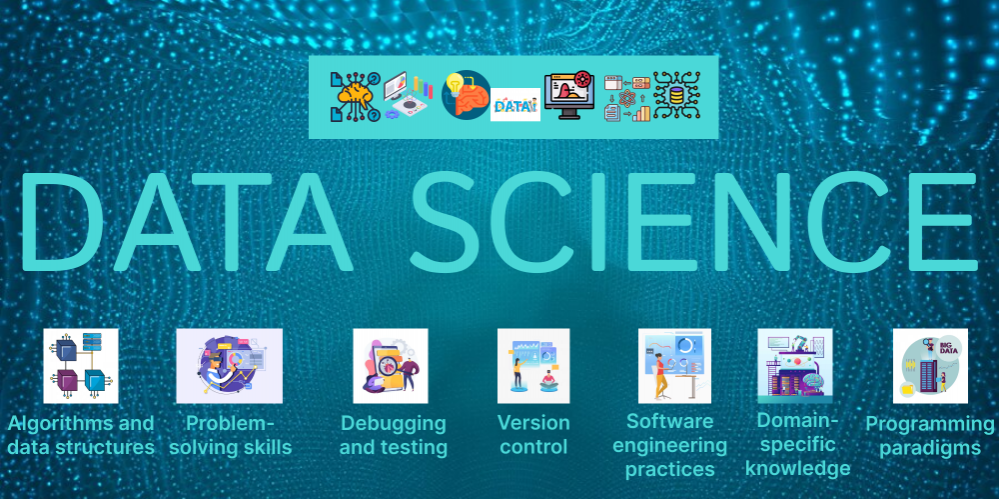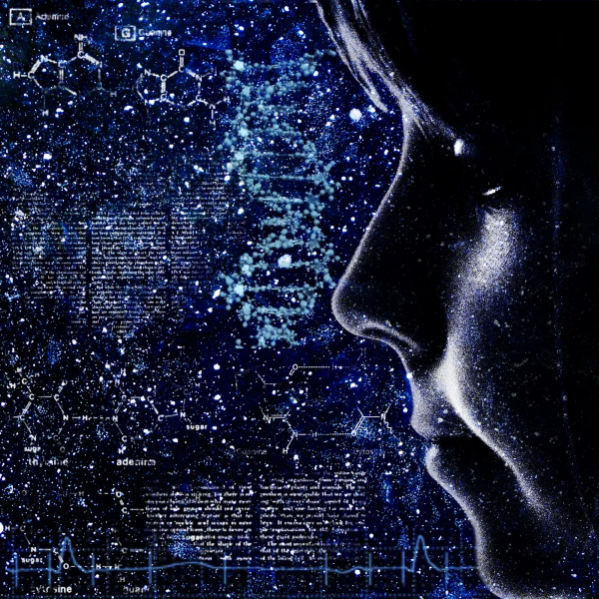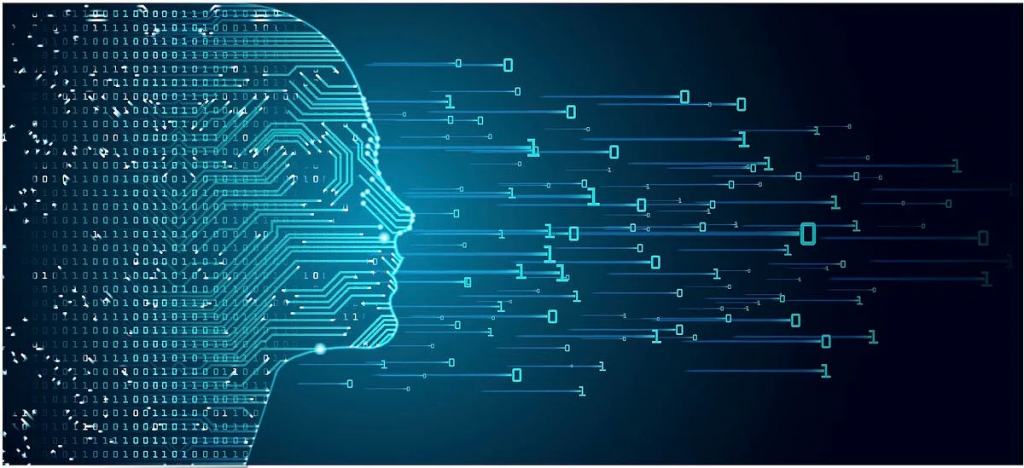Why Programming is Important in Data Science

Programming is extremely important in data science because it is the primary means by which data scientists are able to analyze, manipulate, and draw insights from large and complex datasets. Here are some of the reasons why programming is so important in data science:
- Data manipulation: In data science, data is rarely in a clean or structured format. Data scientists often have to transform data from one format to another, and clean or preprocess data before analysis. Programming languages like Python, R, and SQL offer powerful tools for data manipulation and transformation.
- Data visualization: Data scientists often need to present their findings in a way that is easy to understand for both technical and non-technical audiences. Programming languages offer a wide range of libraries and tools for creating visualizations and dashboards that can help convey insights in a clear and concise manner.
- Machine learning: Machine learning is a critical component of data science, and programming is essential for implementing and optimizing machine learning algorithms. Programming languages like Python and R offer powerful libraries and frameworks for machine learning, such as scikit-learn and TensorFlow.
- Reproducibility: In data science, it is important to be able to reproduce analyses and results. Programming enables data scientists to write scripts and workflows that can be easily replicated, shared, and modified.
The Most Important in Programming
There are many important aspects of programming, but some of the most crucial ones are:
- Problem-solving: Programming is essentially the process of solving problems using code. The ability to break down complex problems into smaller, more manageable parts and come up with a solution is critical in programming.
- Logic and critical thinking: Programming requires logical thinking and the ability to reason through complex situations. A programmer must be able to analyze and interpret code, identify errors and inefficiencies, and find solutions to problems.
- Attention to detail: Programming requires a high level of attention to detail, as even a small error in the code can lead to significant problems. It’s essential to be thorough in testing and debugging to ensure that the code is functioning as intended.
- Creativity: Programming is also a creative process that involves coming up with innovative solutions to problems. The ability to think outside the box and come up with unique and effective solutions is highly valued in the programming world.
- Continuous learning: Technology is constantly evolving, and programming languages and frameworks are always changing. Therefore, continuous learning is a critical aspect of programming. A good programmer must be willing to learn new skills and technologies to stay current and relevant.

What Should you know to be a Programmer

There are several things you should know if you want to become a proficient programmer. Here are some of the key things to focus on:
Programming language fundamentals: You should have a good understanding of programming language syntax and constructs, such as variables, loops, conditions, functions, and objects.
- Algorithms and data structures: You should be familiar with fundamental algorithms and data structures, such as sorting, searching, linked lists, arrays, stacks, and queues.
- Problem-solving skills: You should be able to break down complex problems into smaller, more manageable parts and design algorithms to solve them.
- Debugging and testing: You should be able to identify and fix errors in your code, as well as test your code to ensure it is working as intended.
- Version control: You should be familiar with version control systems like Git, which enable you to keep track of changes to your code and collaborate with others.
- Software engineering practices: You should be familiar with software engineering principles such as modular design, code readability, code reusability, and documentation.
- Programming paradigms: You should be familiar with different programming paradigms such as object-oriented programming, functional programming, and procedural programming.
- Domain-specific knowledge: Depending on the domain you are working in, you may need to have additional knowledge of specific technologies or frameworks, such as web development, database design, or machine learning.
Conclusion
In conclusion, programming is an essential part of data science, and it provides the tools and techniques to turn raw data into valuable insights and predictions. By mastering programming languages and tools, data scientists can extract knowledge from data and make informed decisions that improve businesses, governments, and society as a whole.







